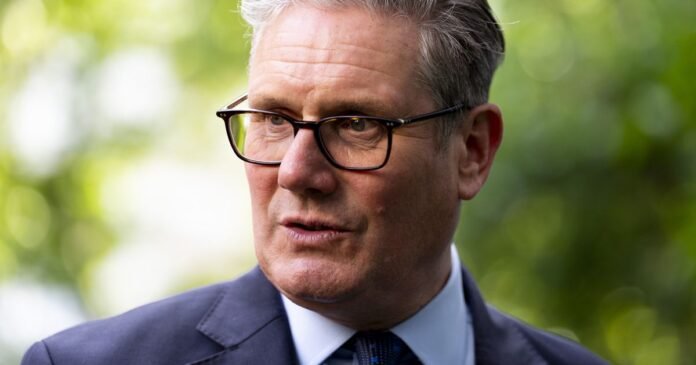Union leaders gathered in Brighton for the annual Trades Union Congress found themselves preoccupied with Labour’s recent challenges. The shadow of Angela Rayner’s resignation and a turbulent deputy leadership race loomed over the conference, overshadowing discussions on Nigel Farage and his contentious politics.
Behind closed doors, union officials expressed frustration over Labour’s declining popularity, internal upheavals, and missed opportunities. While most leaders refrained from public criticism, the departures of key figures like Justin Madders and Jonathan Reynolds, known for advocating workers’ rights reforms, raised concerns within the unions.
The proposed Employment Rights Bill, a pivotal initiative for enhancing workers’ rights, emerged as a contentious issue. Business groups leveraging Ms. Rayner’s exit to oppose the reforms triggered apprehension among union members, prompting calls for swift government intervention to allay fears.
Union leaders underscored the significance of the bill in combating the Reform party, emphasizing that improved pay and working conditions resonate with voters. TUC General Secretary Paul Nowak urged Labour leader Keir Starmer to demonstrate unwavering support for ordinary people, cautioning against mere rhetoric without tangible change.
Sharon Graham, Unite’s General Secretary, delivered a strong message to delegates, hinting at workers’ disillusionment with Labour. Speculations arose about potential disaffiliation if the Employment Rights Bill faced dilution, with CWU and Aslef contemplating severing ties. Amid growing dissent, union leaders reaffirmed their allegiance to Labour, prioritizing unity and a shared vision for the future.
As tensions simmered within the union ranks, the focus remained on navigating challenges, securing workers’ rights, and strengthening Labour’s position for electoral success.

